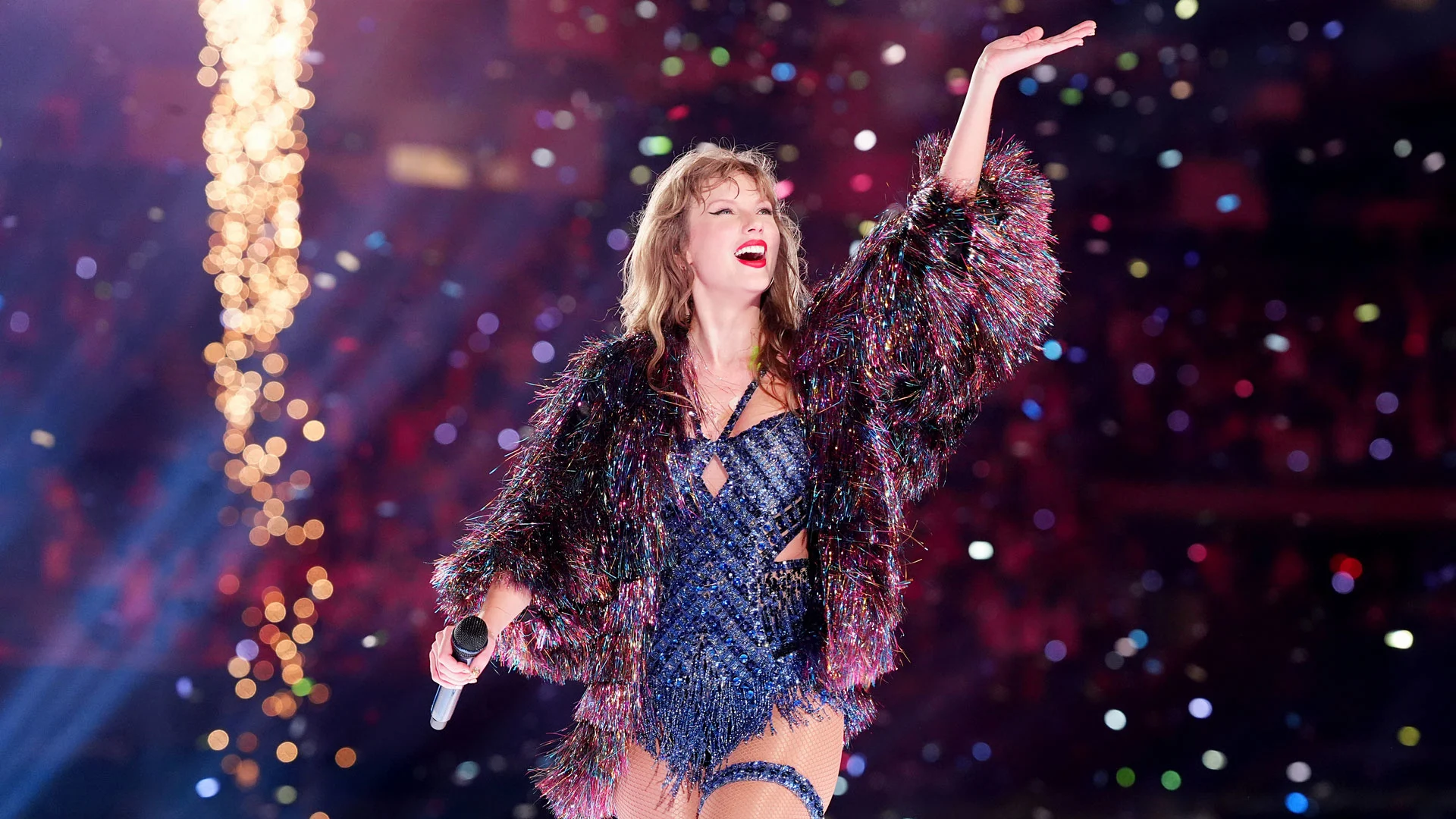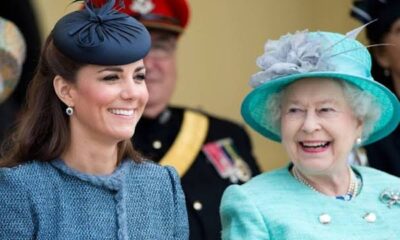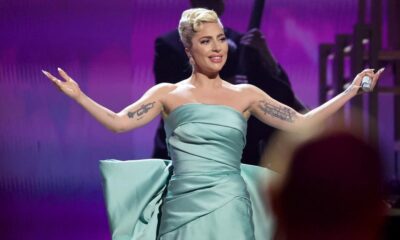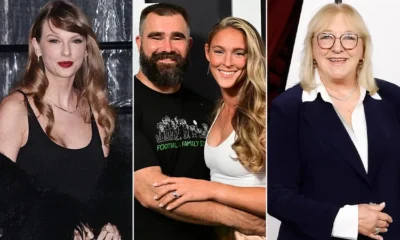NFL
New Update: Taylor Swift’s $3.2 Billion Eras Tour Is Just About Over. Why Is Swift So Successful? How Can You Benefit? Harvard Has Answers….. Check In For More Details

Taylor Swift’s Eras Tour is the biggest-selling concert tour in history. Between the first concert in March 2023 and the last one this December, Swift’s proceeds could top $3.2 billion. How did I arrive at that figure? How did Swift achieve such success? What’s one thing she did that can also make you happier? Harvard has answers.
How much Swift could take home from her Eras tour
The biggest portion of this $3.2-billion pie is the money Swift makes from selling tickets to her concerts
By the time she completes the 149 concerts in a couple months, Eras will have filled stadiums that can seat an average of 72,500 people, according to Time, and they paid an average Ticketmaster face value price of about $240, according to Pollstar.
Add in a 10-percent premium over that amount, because she can fill up every seat, said David Herlihy, a Northeastern University music industry program coordinator, in an April 2023 interview.
Subtract the costs to pay her people, move her stage equipment around the world, and other items—which amount to 35 percent of ticket revenues, noted Herlihy—and Swift ends up with about $1.9 billion in proceeds.
There are two other sources of money: the nearly $1.4 billion she nets from sales of merchandise—about $159 per fan, of which she takes in 80 percent—and another $78 million from her 30-percent share of the nearly $262 million in global ticket sales for her concert movie.
This tour surpasses the previous leader: Elton John’s $940 million farewell tour, with close to 330 performances. Eras, “which has shattered attendance records at numerous major arenas and stadiums, has already surpassed this figure,” Armen Shaomian, associate professor of sport and entertainment management at the University of South Carolina, told me in an October 2024 email.
How Swift achieved this historic success
Swift began her journey at the age of 14, and her practice has paid off. Her talent—for telling stories, conveying emotions, putting words together in sonorous sequences, and singing—is the foundation of her success. “Her great genius and her innovations and her brilliance as a songwriter is melodic and verbal,” Stephanie Burt, a Harvard professor of English, told the
What’s more, many Millennials and members of Gen-Z are fans due to the strong bond they feel with Swift. That bond flows from the emotions underlying her lyrics, a feeling of having grown up with her, an aspiration to follow her model of living their values, and their ties with other Swifties, as Alexandra Gold, a clinical fellow in psychology at Harvard Medical School, explained in the Gazette.
One thing Swift did that can also make you happier
Like Swift, you can make the most of your talents, which will bring you greater happiness. To guide you toward that, Jamie Beaton, CEO of Crimson Education—a college counseling firm launched in 2013 that’s now worth $554 million—has advice.
Crimson applies the lessons that took Beaton from the child of a single mother to the top student in New Zealand. From there, he earned an undergraduate degree at Harvard, won a Rhodes scholarship, earned a PhD in public policy from Oxford, a Stanford MBA, and a law degree from Yale, among many other accomplishments, according to the Wall Street Journal.
Here are three things Beaton did to find and make the most of his talents:
Here are three things Beaton did to find and make the most of his talents:
Set an ambitious goal. His goal was to be “the most qualified high-school student in New Zealand,” he told the Journal. To set such an ambitious goal, you must be extremely motivated – as Beaton and Swift were.
Try many activities until you
find the ones where you excel. Beaton tested himself in many arenas—such as piano or tennis, where he was not the best—and quickly switched to the ones where he excelled—such as debate, where he earned national acclaim.
Find ways to be unique. Beaton was tops academically and in entrepreneurship. “He earned straight A’s” on more than twice the normal class
load, noted the Journal, and started two businesses. He was admitted to 25 colleges—which led families from across New Zealand to ask him to share his secret. When 230 people showed up to hear him speak, he realized he had a business opportunity.























